TRCP’s fall 2020 sweepstakes winner has the ultimate Rinella-fan experience in Michigan
In the midst of the pandemic last fall, the TRCP was forced to take its signature in-person fundraising gala and host the whole thing online. Steven Rinella, a TRCP Board Member, served as co-emcee and graciously offered to be part of our first-ever nationwide sweepstakes, as well. Hundreds of sportsmen and sportswomen entered for a chance to join a turkey hunt in Michigan with the MeatEater crew, including Rinella and Janis Putelis, but only one could win: Austin Snow of Colorado Springs, Colo. Here’s his story.
I didn’t grow up hunting, but when I decided to give it a try, my childhood friend Kevin suggested that I purchase the two-volume “Complete Guide to Hunting, Butchering, and Cooking Wild Game,” by Steven Rinella. Over the next five years, these two books were invaluable to me as I became obsessed with learning how to hunt big and small game. In that time, I learned more and more about MeatEater and Rinella: the hunter, writer, entrepreneur, cook, entertainer, and conservationist.
Needless to say, I’m a fan. I’d been looking for a conservation organization to support, so the chance to donate to a good cause while putting in for a once-in-a-lifetime hunt with Steve was impossible to resist.
After a few weeks of not giving my entry a second thought, I received an email saying I had won and that I could bring two guests on what promised to be a memorable experience. It was only fitting that Kevin join us, after introducing me to MeatEater, and I asked my brother Jake, as well.
Months later, we were picked up at the airport in Michigan by the world-record turkey caller Guy Zuck. Along with his wife and son, Guy takes care of the property we’d be hunting, and in our time there, I saw him do everything from taking care of boats and guns to processing and cooking harvested animals. He’s also happy to help people improve their turkey calling skills.
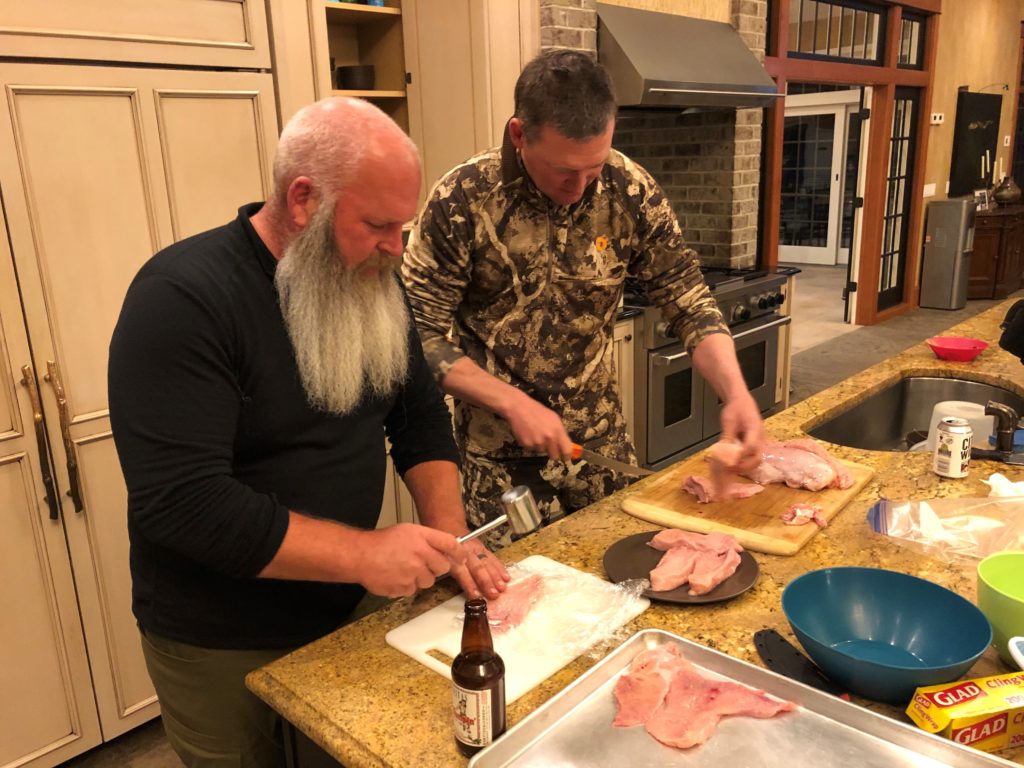
Upon arrival, we received a tour and then patterned the shotguns we would be using. TRCP Board member Matt Cook, our gracious host, welcomed us with a few hilarious stories from the ranch—some involving the MeatEater gang—to help prepare us for the days ahead.
A short while later, Steve and the rest of the crew walk through the door. Over a meal of walleye fish tacos, we discussed our plan of attack for the morning and decided who would hunt with whom. Jake was paired with Janis, Kevin with Cal, and Steve and Seth would hunt with me.
I’d barely slept when 4:30 AM came around. After a few crow calls before sunrise, we heard some gobblers off in the distance and picked a spot to set up. Steve and I posted up on the same tree so he could talk me through the experience of my first turkey hunt. Seth was on a tree just behind us to capture some footage.
After about an hour of calling and a few interactions with some hens, the tom we’d been hearing got louder and louder. Anticipating a shot opportunity, Steve was offering some last-minute guidance when all of a sudden the biggest turkey I’ve ever seen in my life came charging in, full strut. I freaked out and rushed my shot, resulting in a clean miss, but the giant bird doubled back and gave me the very rare chance for a follow up. The second shot got him down and I approached shaking from the cold and the adrenaline.
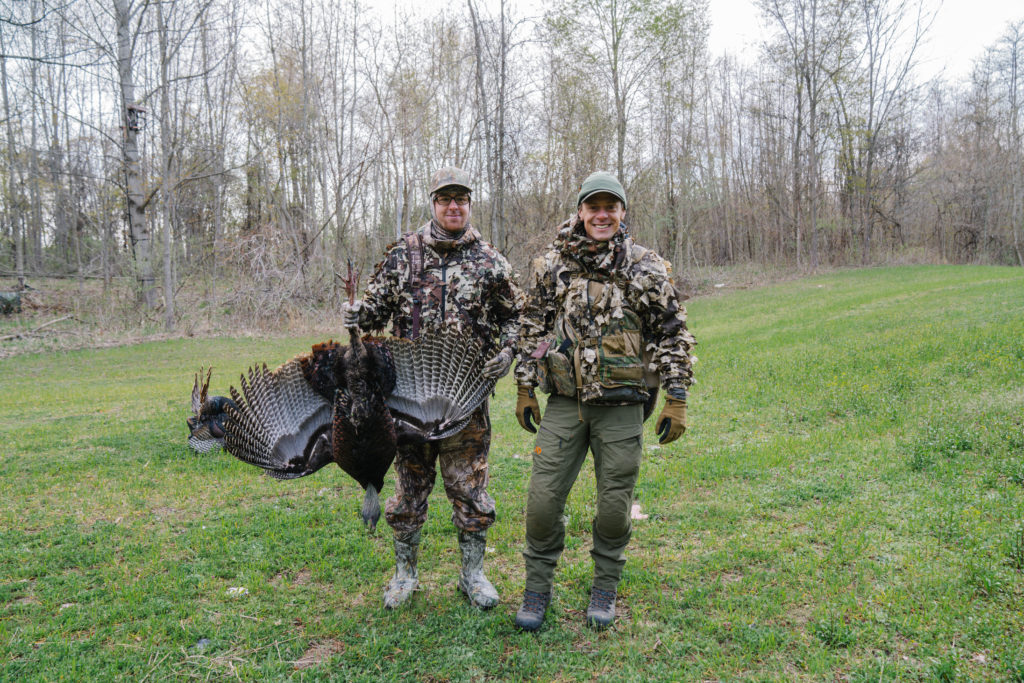
That was that. Not many people can say their first turkey was called in by Seth “the Flip-Flop Flesher” Morris and Steven Rinella.
After filling my tag, I set decoys as we worked to get Seth a bird that evening. All along the way the MeatEater crew gave me pointers, teaching me the difference between the sign from males and females, as well as some of the physical differences between jakes and toms.
The next morning, I had the sincere pleasure of sitting in a blind with Guy Zuck. Although the birds were stubborn, I could easily tell that Guy was on a different level when it comes to turkey calling. If Steve and Seth have master’s degrees in turkey calling, Guy has a Ph.D. in clucks, yelps, and purrs—PLUS a master’s in turkey behavioral psychology.
Later in the day, Steve and I sat still watching about eight hens graze a field until sunset, while deer worked their way out of the woods. It was another beautiful, cold Michigan evening with a symphony of birds all around us.
I spent the last morning with Steve in a blind. I must say, Steve’s all business out there in the woods, but if you find yourself hunting with a stranger in close quarters, he’s the most down-to-earth guy you could ask for.
Not long into the afternoon, Jake got a bird—his first, as well. They’d roosted some birds the evening before and relocated them that morning. At some point, Jake drifted off for a quick nap, only to catch a glimpse of a bird right when he awoke. Janis grabbed the tom’s attention with a few calls, and he came straight into Jake’s shooting lane on his way towards the decoys. When all was said and done, Jake had a 24-pound bird—his first—and Janis was just as excited as he was.
Later, Seth joined my brother and Janis just in time to see “the Latvian Eagle” pop a nice-size jake for himself.
I wanted to give Steve some time to hunt for himself on the last evening, so Guy and his son took our trio out fishing on the lake. We caught close to 20 bluegills, one yellow perch, and saw a couple of massive beavers, calling it a day just after sunset.
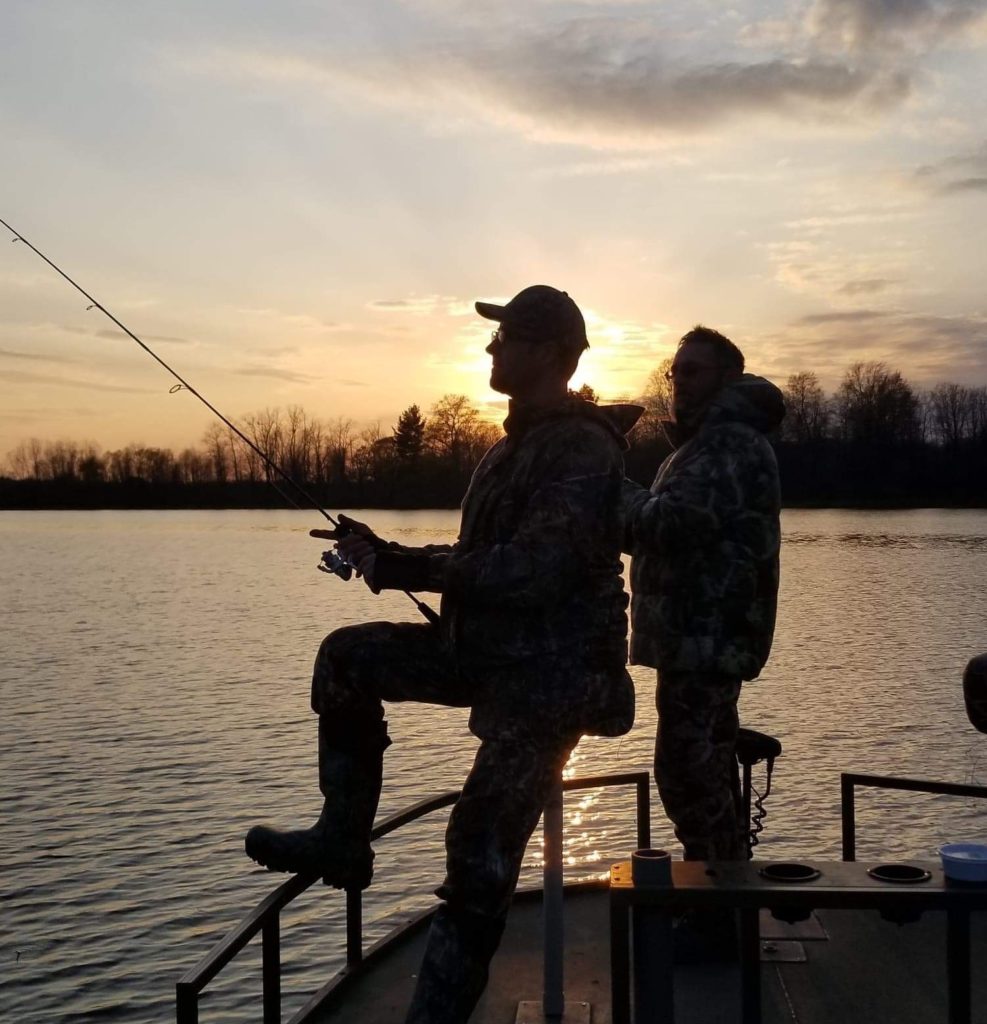
I can’t believe I’m lucky enough to have hunted with sportsmen of this caliber. I can easily say the MeatEater crew put on a master class. Plus, between Cal’s Coues deer chili, some elk meat marinara sauce over spaghetti, and Janis’s turkey schnitzel, we ate like kings. It was such a great first turkey hunt that I awkwardly gave Steve a man-hug before we all parted ways for the airport.
I’m truly grateful to the TRCP, MeatEater, Matt Cook, and his whole crew for making it happen. I know that it was just the first of many spring gobbler hunts for me and my family. I am now a lifelong turkey hunter.
The next opportunity to win a hunt with the MeatEater crew will be announced in August. In the meantime, enter to win some great gear and prizes while celebrating the private landowners who provide public access for hunting and fishing through Montana’s Block Management Program.



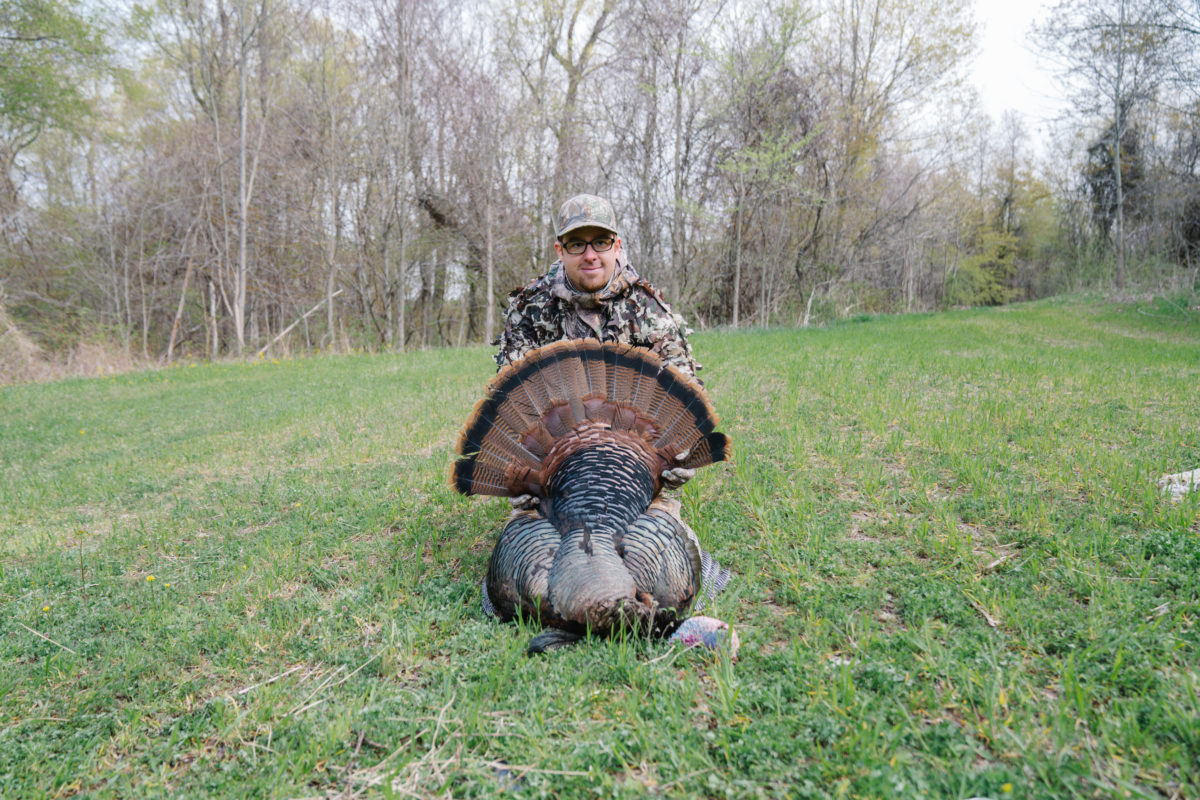
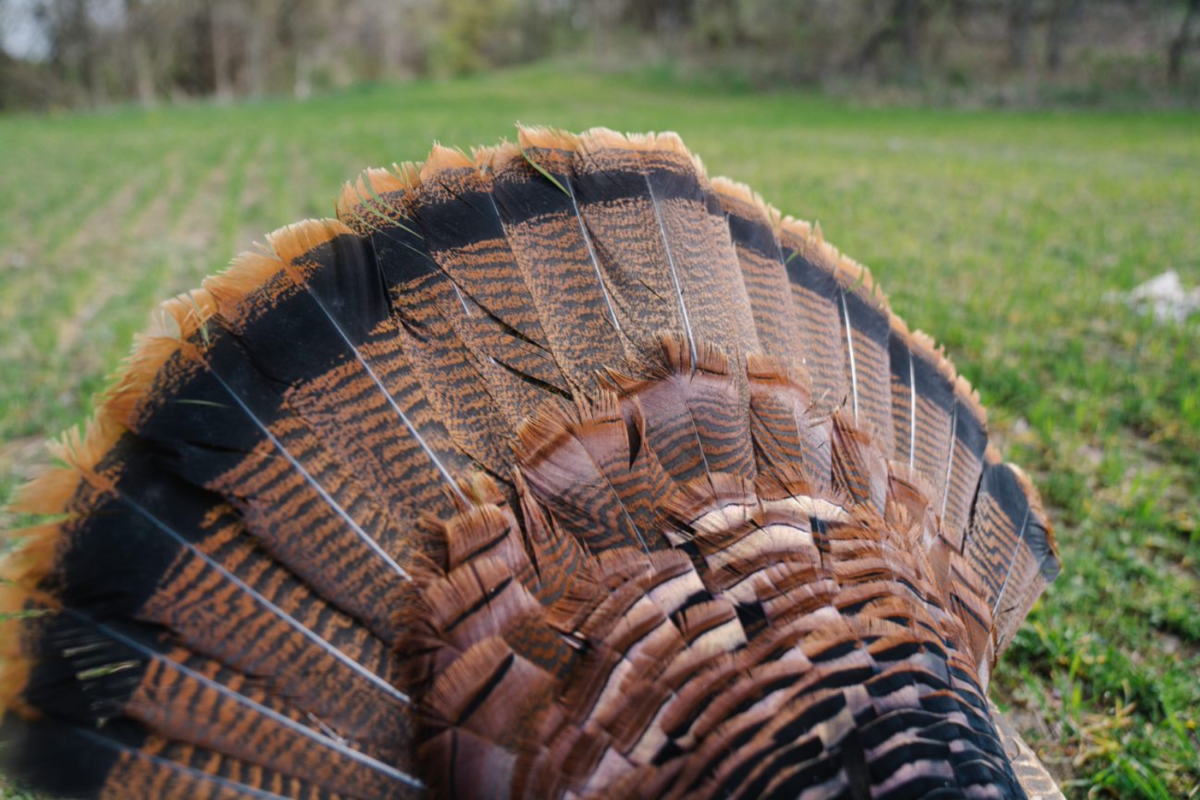
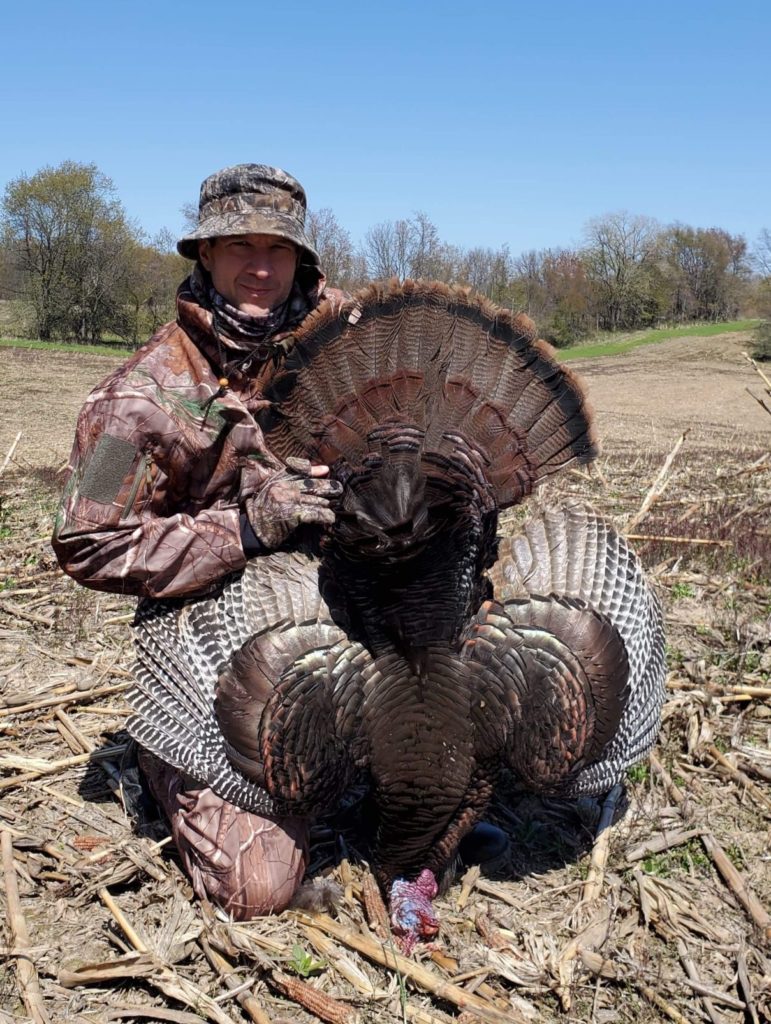
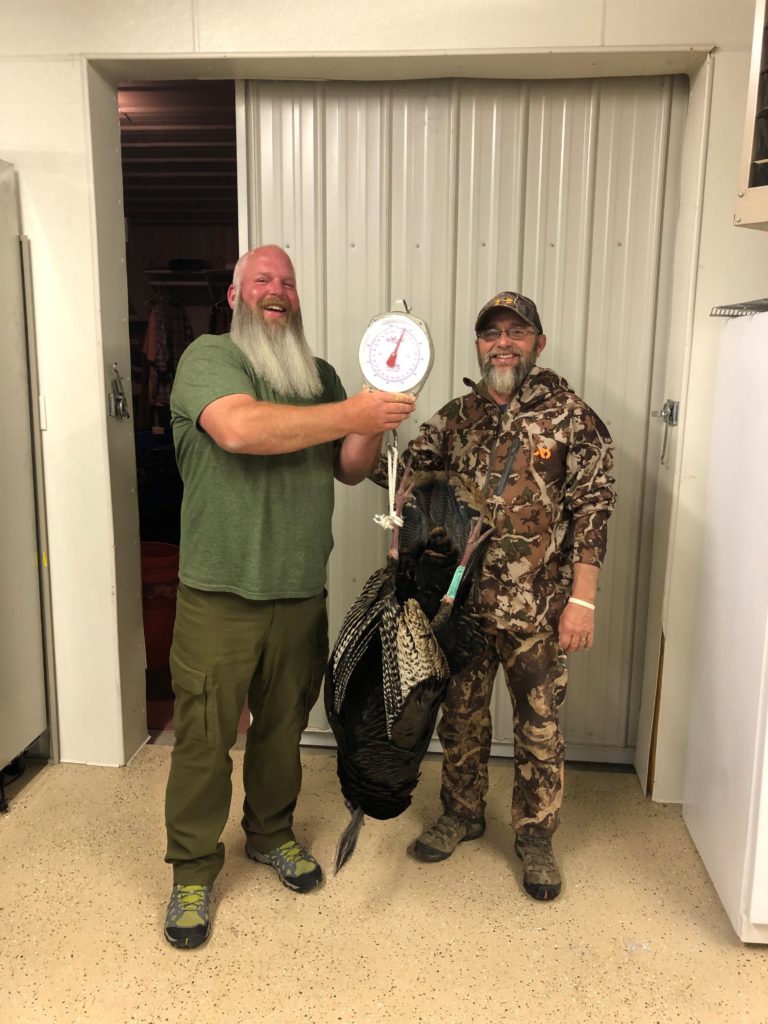





A state court of appeals just confirmed a gated road in Washington has been public since 1886. This was only possible by research into history and documents, just the type of information the MAP act wants to digitize.